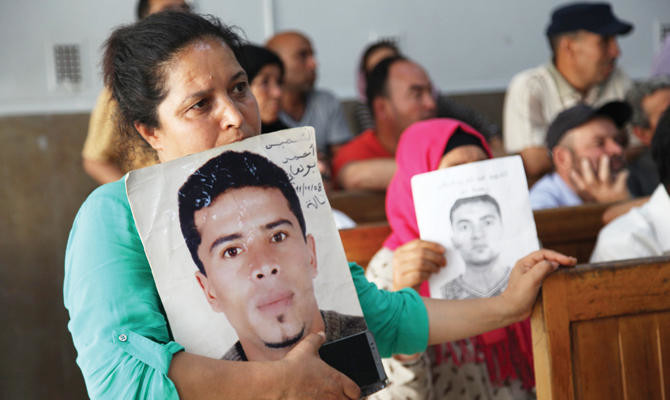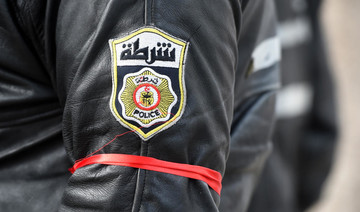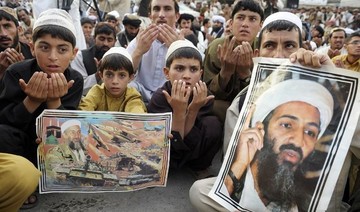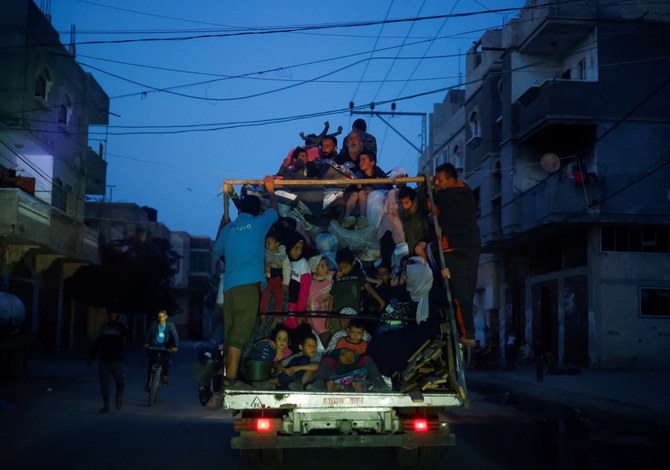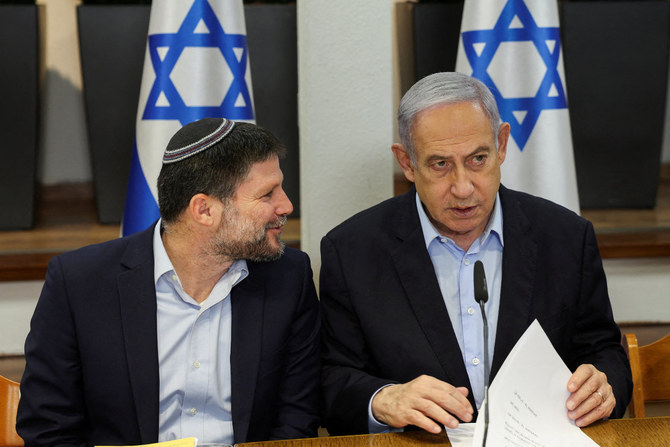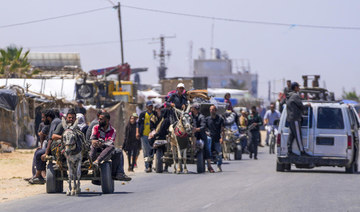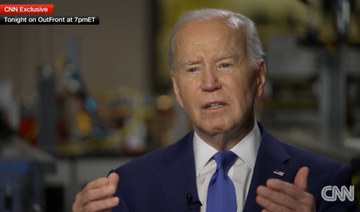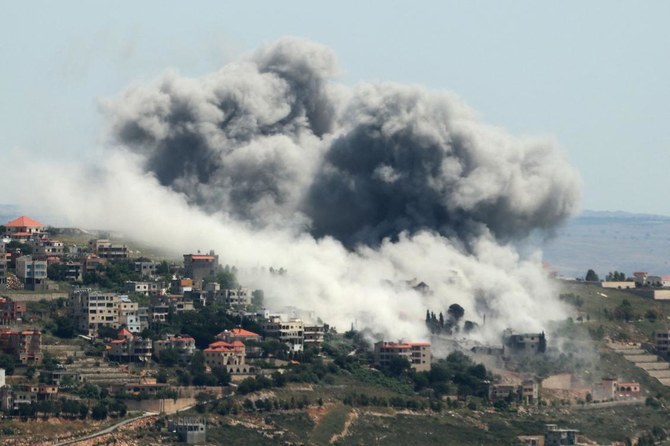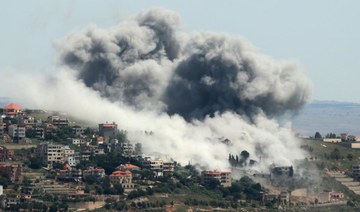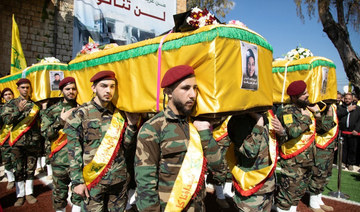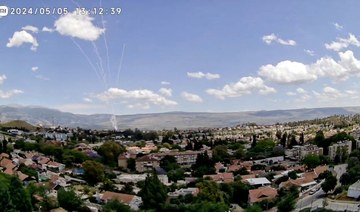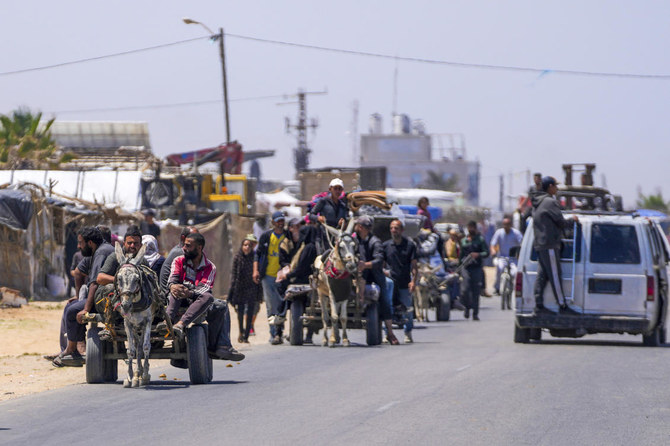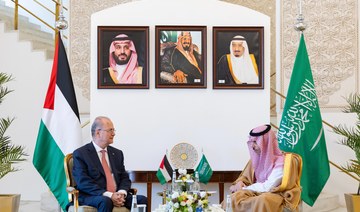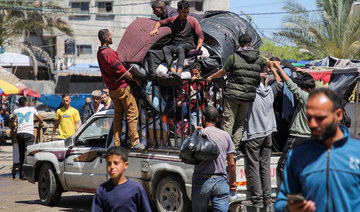SIDI BOUZID: Two trials opened in Tunisia on Friday over the killings of protesters during the 2011 revolution, part of a process aimed at redressing rights abuses under the toppled regime.
Judges will rule on the guilt of deposed President Zine El Abidine Ben Ali, his former Interior Minister Rafik BelHajj Kacem and high-ranking security officials.
The trials are the first cases under the mandate of Tunisia’s Truth and Dignity Commission to center on protesters killed during the revolution that sparked the Arab Spring uprisings.
The body was set up in 2014 to bring justice for those wronged by Ben Ali’s regime.
They are being held in the central Tunisian cities of Kasserine and Sidi Bouzid — the cradle of the demonstration movement sparked by the December 2010 self-immolation of a fruit seller in protest against police harassment.
None of the accused were present in court in Sidi Bouzid, much to the disappointment of victims’ relatives, an AFP journalist said.
Tension escalated and the hearing in Sidi Bouzid started two hours late — “a very bad sign,” one relative said.
“Loyal to the martyrs!,” indignant audience members shouted at the entrance to the judges’ room.
The accused face charges of “intentional homicide with premeditation” and “attempted homicide with premeditation.”
The case in Sidi Bouzid centers on the death of a computer engineer and a student killed by live rounds in protests on Dec. 24, 2010 in Menzel Bouzayane, another central Tunisian city.
Computer engineer Chawki Hidri was 43 years old when he died, eight days after being shot in the spine and shoulder. Student Mohammed Amari was 25 years old and died after being shot twice in the chest.
The trial in Kasserine centers on the deaths of 20 other protesters, whose relatives waved photos of them in the court room.
Official figures show 338 Tunisians were killed and 2,174 wounded in the popular uprising that forced Ben Ali from power and ushered in the Arab Spring.
There have been civil and military trials for those killed during the 2010-11 protests, but relatives and lawyers have described the sentences as too lenient.
They hope the trials under the Truth and Dignity Commission will bring greater closure.
“I hope that the transitional justice will do us justice” and “reveal the killers of our children,” said Mbarka, whose son Mohammed was killed during the protests.
Other trials under the commission have so far centered on finding justice for opponents who died after being tortured during Ben Ali’s dictatorship.


